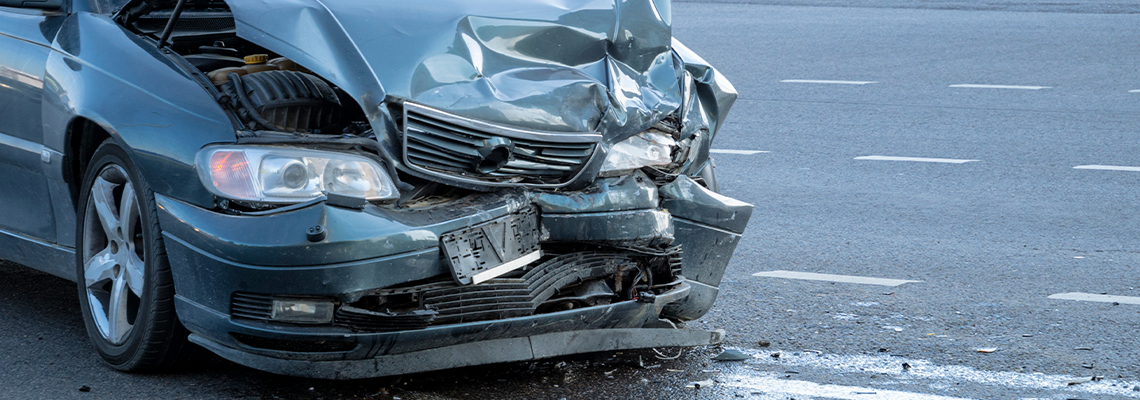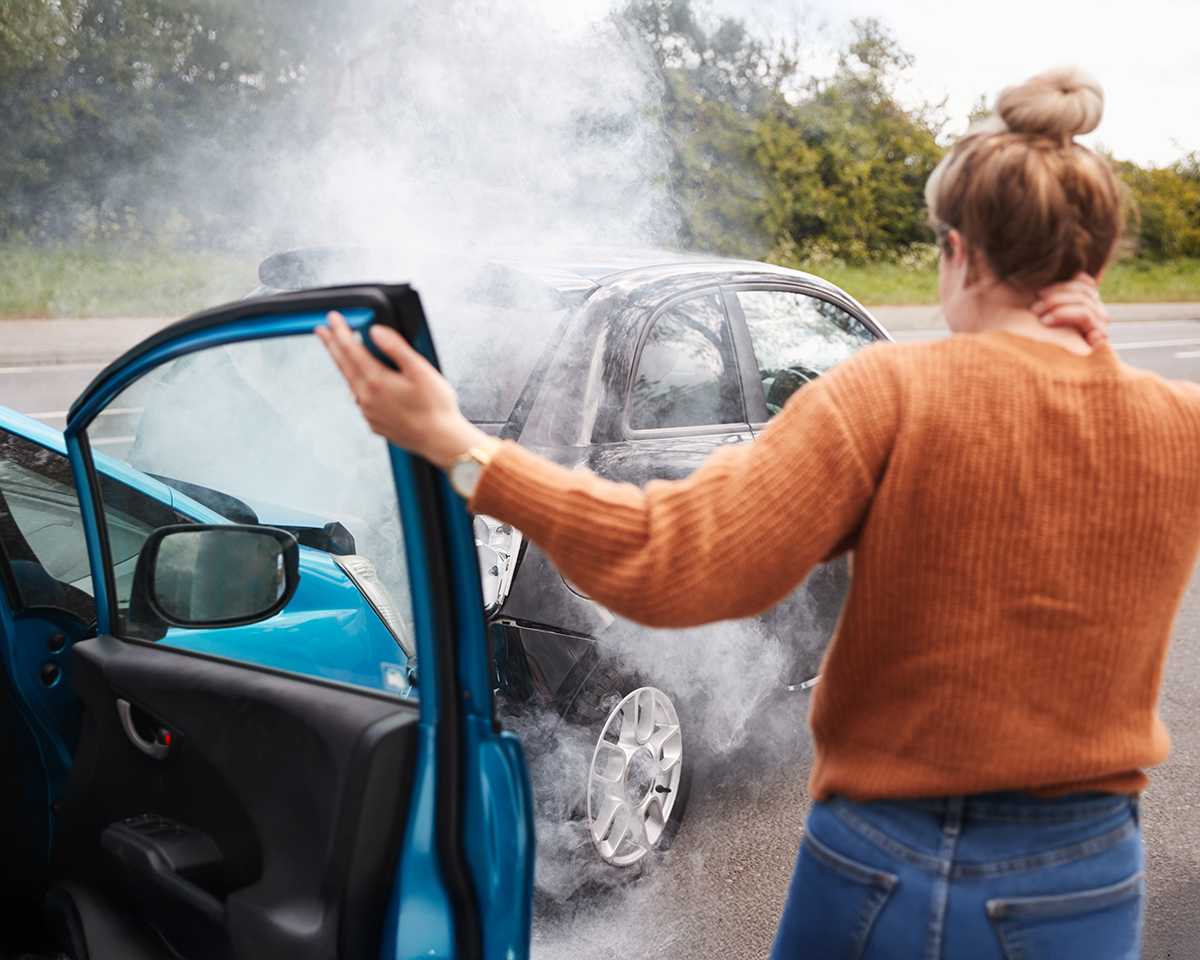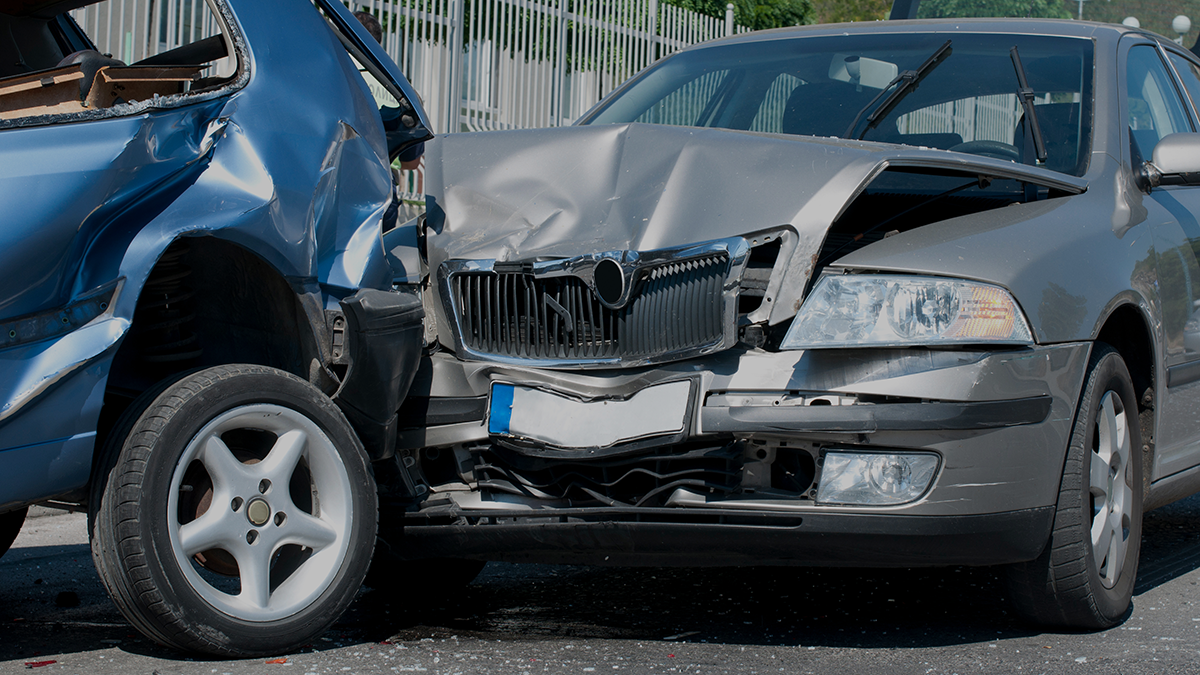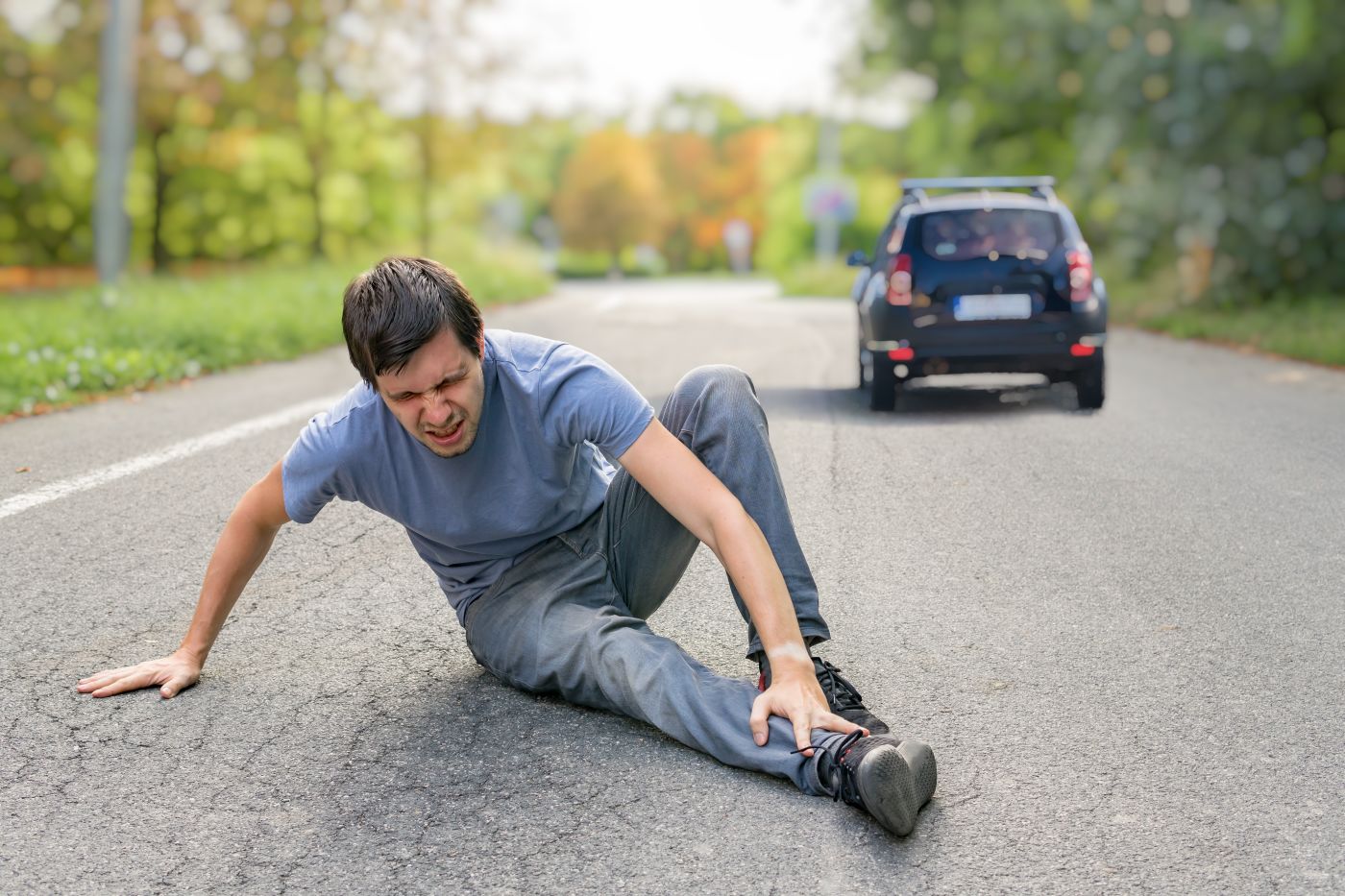
Traversing the aftermath of a car accident in Ohio can be overwhelming, especially when you're dealing with injuries, vehicle damage, and insurance companies. Protecting your legal rights is critical to make sure you receive fair compensation and avoid complications in potential legal proceedings.
Unfortunately, many people unknowingly make mistakes that can jeopardize their claims. At Diehl Law, LLC in Lebanon, Ohio, we can provide clarity and actionable steps for anyone involved in a car accident in the Buckeye State. Reach out to our personal injury attorney for assistance.
Failing to Report the Accident to the Police
One of the most critical mistakes you can make after a car accident in Ohio isn’t reporting the incident to the police. Ohio law requires drivers to report accidents to law enforcement if they involve injury, death, or property damage exceeding $1,000 (Ohio Revised Code § 5502.11).
Failing to report an accident can have serious legal and financial consequences, as it may weaken your ability to file an insurance claim or pursue a lawsuit.
Why This Matters
A police report serves as an official record of the accident, documenting key details such as the date, time, location, parties involved, witness statements, and any citations issued. This report is often a cornerstone of evidence in insurance claims and legal proceedings.
Without it, you may struggle to prove the circumstances of the accident, especially if the other party disputes your account.
What to Do Instead
Call 911 immediately: If anyone is injured or the accident involves significant property damage, call 911 to report the incident. Even for minor accidents, contacting the police is advisable to create an official record.
Provide accurate information: When speaking with the police, stick to the facts and avoid speculating about fault or details you’re unsure of. Be clear and concise in your description of the events.
Obtain a copy of the police report: After the report is filed, request a copy for your records. This document will be invaluable when dealing with insurance companies or pursuing legal action.
By confirming that a police report is filed, you establish a credible, third-party account of the accident, which can significantly strengthen your case.
Not Seeking Medical Attention Promptly
Another common mistake is delaying or avoiding medical attention after an accident, even if you feel fine. Adrenaline and shock can mask symptoms of injuries, such as whiplash, concussions, or internal damage, which may not become apparent until hours or days later. Failing to seek prompt medical care can jeopardize both your health and your legal claim.
Why This Matters
In Ohio, personal injury claims often hinge on proving that your injuries were directly caused by the accident. Insurance companies may argue that your injuries are unrelated to the crash if you delay seeking medical treatment. Additionally, waiting too long to see a doctor can worsen your condition, leading to longer recovery times and higher medical costs.
What to Do Instead
Seek medical care immediately: Even if you feel okay, visit a doctor, urgent care center, or an emergency room as soon as possible after the accident. A medical professional can assess you for hidden injuries and document your condition.
Follow through with treatment: Adhere to your doctor’s recommendations, including follow-up appointments, physical therapy, or prescribed medications. Failure to follow through can be used by insurance companies to argue that your injuries aren’t serious.
Keep detailed records: Save all medical bills, receipts, and records of your treatment. These documents will be crucial for calculating damages in an insurance claim or lawsuit.
Prompt medical attention not only protects your health but also creates a paper trail that links your injuries to the accident, strengthening your legal position.
Admitting Fault or Discussing the Accident Inappropriately
After an accident, it’s natural to feel shaken and want to apologize or discuss what happened. However, admitting fault or sharing too much information with the other driver, witnesses, or insurance adjusters can severely damage your legal rights.
In Ohio, which follows a comparative negligence rule (Ohio Revised Code § 2315.33), admitting fault can reduce or even eliminate your ability to recover compensation.
Why This Matters
Under Ohio’s comparative negligence law, your compensation can be reduced by the percentage of fault assigned to you. For example, if you’re found 30% at fault for the accident, your damages award will be reduced by 30%.
If you’re deemed more than 50% at fault, you may be barred from recovering any compensation. Statements like “I’m sorry” or “I didn’t see you” can be interpreted as admissions of liability, even if you didn’t intend them that way.
What to Do Instead
Avoid apologizing or admitting fault: Be polite but refrain from saying anything that could be construed as accepting blame, such as “I didn’t mean to hit you” or “I was distracted.”
Limit conversations at the scene: Exchange only necessary information with the other driver, such as names, contact details, and insurance information. Avoid discussing the details of the accident or speculating about what happened.
Be cautious with insurance adjusters: When speaking with your insurance company or the other party’s insurer, stick to the facts and avoid making definitive statements about fault. Consider consulting an attorney before providing a recorded statement.
By keeping your statements neutral and limited, you reduce the risk of unintentionally undermining your claim.
Not Gathering Sufficient Evidence at the Scene
Failing to collect evidence at the accident scene is a costly mistake that can weaken your case. Evidence such as photographs, witness contact information, and details about the accident conditions can be critical for proving liability and damages in Ohio.
Why This Matters
Without sufficient evidence, it becomes a “he said, she said” situation, making it harder to establish who was at fault. Insurance companies and courts rely heavily on tangible evidence to determine liability and the extent of damages.
In Ohio, where the statute of limitations for personal injury claims is two years (Ohio Revised Code § 2305.10), having strong evidence from the outset can expedite your case and improve your chances of a favorable outcome.
What to Do Instead
Take photos and videos: Use your smartphone to document the accident scene, including vehicle damage, skid marks, traffic signs, road conditions, and any visible injuries. Capture multiple angles and include relevant landmarks.
Collect witness information: If there are witnesses, politely ask for their names and contact information. Their statements can corroborate your version of events and strengthen your case.
Note key details: Write down or record details about the accident while they’re fresh in your mind, including the time, weather conditions, and any factors that may have contributed to the crash (e.g., a malfunctioning traffic light).
Gathering comprehensive evidence at the scene provides a solid foundation for your claim and helps counter any disputes from the other party or their insurer.
Settling with the Insurance Company Too Quickly
Many accident victims make the mistake of accepting an insurance settlement offer without fully understanding the extent of their injuries or damages. Insurance companies often pressure claimants to settle quickly, offering lowball settlements that don’t account for long-term medical costs, lost wages, or pain and suffering.
Why This Matters
In Ohio, once you accept a settlement and sign a release, you typically can’t pursue additional compensation for the same accident, even if your injuries worsen or new expenses arise.
Insurance adjusters are trained to minimize payouts, and their initial offers may not reflect the true value of your claim. This is particularly important in cases involving serious injuries, where future medical costs and lost earning capacity can significantly increase the value of your claim.
What to Do Instead
Don’t rush to accept an offer: Take time to assess the full extent of your injuries and damages before agreeing to a settlement. Consult with a doctor to understand your long-term prognosis.
Calculate all damages: Consider all economic and non-economic damages, including medical bills, lost wages, property damage, pain and suffering, and emotional distress. An experienced attorney can help you evaluate the fair value of your claim.
Consult an attorney: A personal injury attorney can negotiate with the insurance company on your behalf to make sure that you receive a fair settlement. They can also advise you on whether a lawsuit is necessary if the insurer’s offer is inadequate.
By taking your time and seeking professional guidance, you can avoid settling for less than you deserve and protect your financial future.
Contact a Personal Injury Attorney
A car accident can be a life-altering event, but avoiding these common mistakes can help you protect your legal rights and secure the compensation you deserve in Ohio. Contact the personal injury attorney at Diehl Law, LLC today. We serve residents throughout southwestern Ohio, including Warren County, Clinton County, Highland County, Clermont County, and Butler County.



